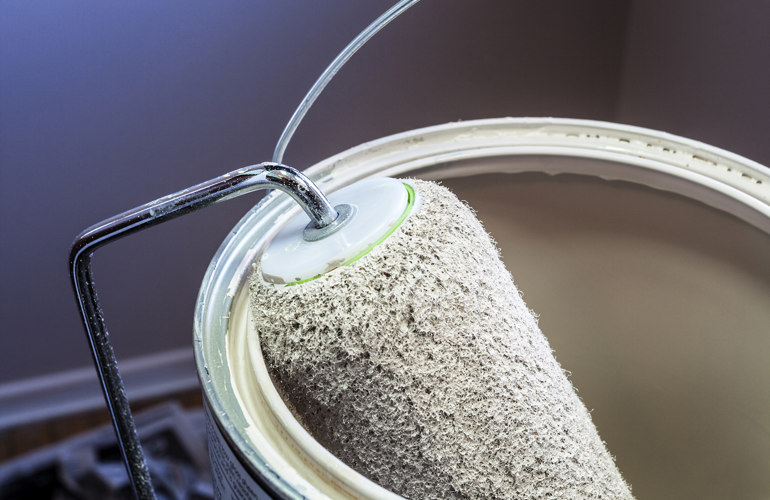Aug . 13, 2024 15:47 Back to list
Cost Analysis of Gabion Walls per Square Foot from Various Manufacturing Sources
Understanding the Cost of Gabion Walls per Square Foot
Gabion walls have gained significant popularity in construction and landscaping, primarily due to their aesthetic appeal, environmental benefits, and structural stability. As a sustainable solution for erosion control, noise barriers, retaining structures, and decorative features, gabion walls consist of wire mesh cages filled with stones, rocks, or other materials. The cost of gabion walls per square foot can vary depending on various factors, including materials, labor, design, and location.
Cost Factors for Gabion Walls
1. Material Costs The primary expense in building a gabion wall comes from the materials. The gabion cages, typically made from galvanized welded or woven wire mesh, vary in price. A significant factor to consider is the size and type of stone or rock used to fill the cages. Larger boulders tend to be more expensive than smaller aggregate stones. The combination and quality of these materials profoundly influence the overall cost per square foot.
2. Labor Costs While gabion walls can be a DIY project, hiring professionals for installation ensures quality and durability. Labor costs can fluctuate based on the complexity of the installation and the regional wage rates. Projects requiring extensive excavation, leveling, or bespoke designs will incur higher labor costs.
3. Design Complexity Simply stacking gabion cages filled with stones can create a basic wall, but designers may choose intricate patterns or shapes to enhance aesthetic appeal. Custom designs and features such as planting pockets or integrated lighting systems will increase the overall price per square foot.
4. Location Geographic location dramatically impacts the total cost of constructing gabion walls. Urban areas with higher demand for labor and materials will generally incur higher costs than rural locations. Additionally, transportation costs for materials can vary if sourcing stones from a far distance.
gabion wall cost per square foot factories

5. Size and Height The dimensions of the gabion wall play a crucial role in its cost. Larger walls, both in surface area and height, require additional materials and may necessitate more significant structural considerations to ensure stability. Therefore, a larger wall will typically have a higher cost per square foot.
Average Cost Estimates
As of recent estimates, the cost of gabion walls can range from $15 to $50 per square foot. This price encompasses materials, labor, and potential site preparation. Basic installations using standard materials might be on the lower end of this range, while custom designs or high-quality materials could be on the higher end.
Benefits of Gabion Walls
Despite the initial investment, gabion walls offer numerous long-term advantages, such as durability and low maintenance. The natural stone filling blends harmoniously into the environment, making it a sustainable choice. Moreover, gabion walls provide excellent drainage properties, reducing the risk of soil erosion and improving land stability.
Conclusion
Gabion walls present an appealing option for those looking to enhance their outdoor spaces while considering structural integrity and environmental impact. When calculating the cost per square foot, it's essential to factor in all variables, including materials, labor, design, and location. As gabion walls continue to rise in popularity, understanding these costs will help homeowners, landscapers, and builders make informed decisions that meet their functional needs and aesthetic desires. By investing in gabion walls, property owners can achieve a durable and visually attractive structure that stands the test of time.
-
Why PVC Coated Gabion Mattress Is the Best Solution for Long-Term Erosion Control
NewsMay.23,2025
-
Gabion Wire Mesh: The Reinforced Solution for Modern Construction and Landscape Design
NewsMay.23,2025
-
Gabion Wall: The Flexible, Seismic-Resistant Solution for Modern Landscaping and Construction
NewsMay.23,2025
-
Gabion Wall Solutions: The Durable, Decorative, and Affordable Choice for Every Landscape
NewsMay.23,2025
-
Gabion Basket: The Durable and Flexible Alternative to Traditional Retaining Walls
NewsMay.23,2025
-
Gabion Basket: The Proven Solution for Slope Stability and Flood Control
NewsMay.23,2025
-
Versatility of Chain Link Fence Gabion
NewsMay.13,2025






